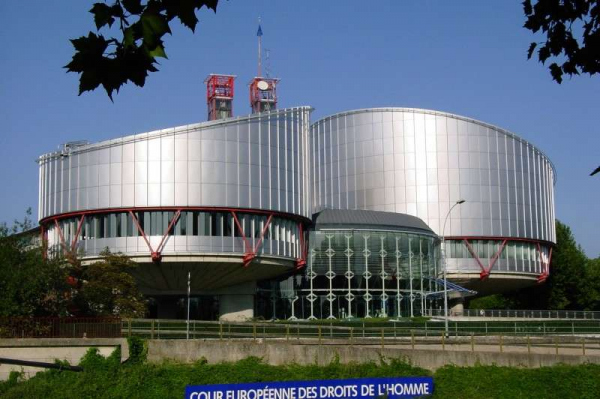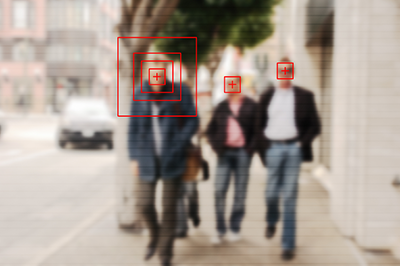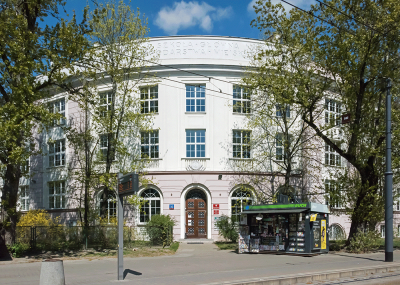
On 30 October 2012, the European Court of Human Rights in Strasbourg published a judgement in the case of P. and S. v. Poland (application no. 57375/08). The case concerned a girl who became pregnant at the age of 14, hence as a result of a criminal act, and who was denied the right to lawful abortion.
In its judgment the ECtHR found that Poland had breached the prohibition of torture, inhuman and degrading treatment guaranteed under Article 3 of the European Convention on Human Rights as well as the right of the girl and her mother to respect for their private and family life set out in Article 8 of the ECHR. In addition, the Court decided that the girl’s placement in a juvenile shelter constituted a violation of the applicant’s right to liberty and security of person (Article 5 § 1 ECHR).
The Helsinki Foundation for Human Rights filed an amicus curiae brief in the proceedings pending before the ECtHR. “In its judgment the ECHR shared the view expressed by the Foundation that Article 3 of the ECHR introduced the States’ positive obligations to establish and apply effectively a criminal-law system punishing all forms of sexual abuse. The Strasbourg Court pointed out that the applicant had been treated by the authorities in a deplorable manner and held unanimously that Poland had violated the prohibition of inhuman and degrading treatment”, says Dr. Dorota Pudzianowska.
“In deciding this case, the ECtHR considered whether the applicant had been treated in a way exceeding ‘the minimum level of severity’”, says Agata Szypulska, a HFHR’s lawyer. “We argued in our brief that that the level was exceeded because degrading treatment was directed against a child in a particularly dramatic situation: the girl who became a victim of sexual violence resulting in her pregnancy”, explains Agata Szypulska.
The Court stated in its judgment that Article 8 of the Convention (the right to respect for private and family life) introduced the State’s positive obligation to create a procedural framework enabling a pregnant woman to effectively exercise her right of access to lawful abortion. “In the Court’s opinion the circumstances of the case indicate that Poland has a serious problem of systemic nature related to access to lawful abortion”, says Dr Dorota Pudzianowska.
The ECtHR found a breach of Article 8 of the Convention also because Poland had failed to implement a mechanism protecting a patient against unlawful disclosure of confidential information regarding her situation and pregnancy.
In respect of a breach of Article 5 § 1 of the ECHR the Court noted that even a suspicion that the girl had been coerced by her parent into agreeing to have an abortion had not justified a decision to place the 14-year-old pregnant victim of sexual violence in a juvenile shelter.
“The Strasbourg Court questioned the proportionality of the imposed measure indicating that the court was obliged to consider less drastic measures than the separation of the child from her parent”, says Ms Szypulska.
The case has been included in the HFHR Article 32 anti-discrimination programme.


